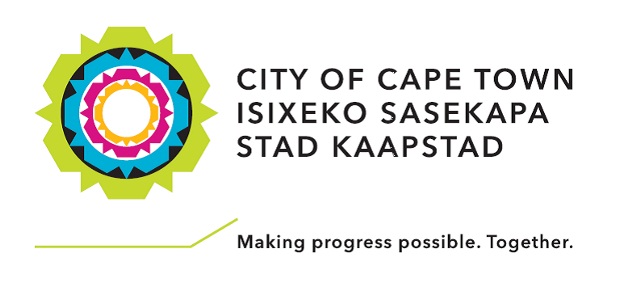City replies to budget criticism
Xanthea Limberg, Mayoral Committee Member for Corporate Services, replies to SJC’s Axolile Notywala
In response to the earlier opinion piece by Axolile Notywala from the SJC: “Whose voices really matter in the City of Cape Town’s budget?”
The proposed budget of R40.7billion seeks to provide services to those who need it most while continuing maintenance of infrastructure to support the entire city network.
Annually, when compiling the draft budget for the upcoming year, the City of Cape Town undertakes the legislative processes of undertaking an extensive public participation process and soliciting substantive input from all our of multitudinous communities.
This process enables the municipality to represent the needs of each community in the budget and provides us with useful inputs which are then considered for inclusion into the final budget before it is presented to Council for adoption.
Over the course of last month, the City held numerous public meetings across the City. The City further paid for the transport of hundreds of residents from outlying areas to such meetings, where we were asked to do so. The City has also extended the public comment period for a further week in order to afford communities more time to look through the draft budget and provide us with their inputs.
Beyond the hosting of numerous public meetings, the draft budget is also available online, at sub council offices and public libraries, providing an array of avenues for communities to access the budget, peruse it and provide comment.
Through this public participation process, the City hopes to gain as much insight and as many suggestions as possible from residents because we believe that it is vital that planning takes place in a collaborative and inclusive manner.
Following our open public engagements, the Deputy Mayor, Ian Neilson invited the Social Justice Coalition to his office to go through the budget.In this meeting the Deputy Mayor explained various aspects of the budget to the SJC.
It is simply incorrect for the SJC to claim that most residents were excluded from the budget process. The City’s budgeting process is an open and transparent one with the majority of our public engagement meeting having been packed to capacity with extensive engagement both during the sessions and after. To say that the voices of those most in need were not heard is simply misleading.
Furthermore, preceding the meetings, councillors and officials were tasked with going out into their communities to make residents aware of the meetings.
In addition, the public participation unit works in consultation with all departments, staff across the board as well as public representatives.
A number of years ago the City undertook to eradicate the bucket system in its entirety, of which the SJC is aware.
The City prioritises full flush toilets but is constrained by privately-owned property, in areas of extremely high density, under power lines, on landfill sites, in a road or railway buffer, within servitudes, outside the urban edge, in areas where there is no bulk infrastructure, in water bodies/retention ponds and floodplains, and in high-noise zones.
The City certainly does not prioritise buckets, the City has around 200 buckets that it still services, those who use them have been offered alternatives on more than one occasion but have declined them.
Additionally NO toilet is provided to a community without engagement and consultation around what is feasible.
The reason that alternative forms of sanitation are at times provided by the City are when residential structures are erected on land which is not owned by the city and thus have no jurisdiction in law to build formal toilets or provide permanent infrastructure.
Furthermore, the City provides these alternative forms of sanitation when the type of land on which structures have been erected does not allow for full flush toilets to be installed; for instance; in the case of structures being erected on flood basins.
These allegations by the SJC were furthermore nullified in March last year when the City of Cape Town was vindicated by the South African Human Rights Commission (SAHRC) regarding how we provide sanitation services to informal settlements. Here, the Chairperson of the National SAHRC, Advocate Lawrence Mushwana, upheld the City’s appeal against the findings of the Western Cape Provincial HRC.
In that now discredited finding, the Provincial HRC had made a number of allegations and baseless statements regarding the City of Cape Town’s provision of sanitation services.
Furthermore, it had conducted its investigation into the complaint, which was originally laid by the Social Justice Coalition (SJC), in a manner that was procedurally improper.
As such, the City disputed the findings in light of the fact that as a metro authority we have a nation-leading record of sanitation provision for all areas of the city, including informal settlements.
Views expressed are not necessarily GroundUp’s.
Support independent journalism
Donate using Payfast

Don't miss out on the latest news
We respect your privacy, and promise we won't spam you.
Next: Court settlement reached in Tafelberg case
Previous: Dagga spraying: police ‘expert’ accused of bad science
© 2016 GroundUp. 
This article is licensed under a Creative Commons Attribution-NoDerivatives 4.0 International License.
You may republish this article, so long as you credit the authors and GroundUp, and do not change the text. Please include a link back to the original article.

